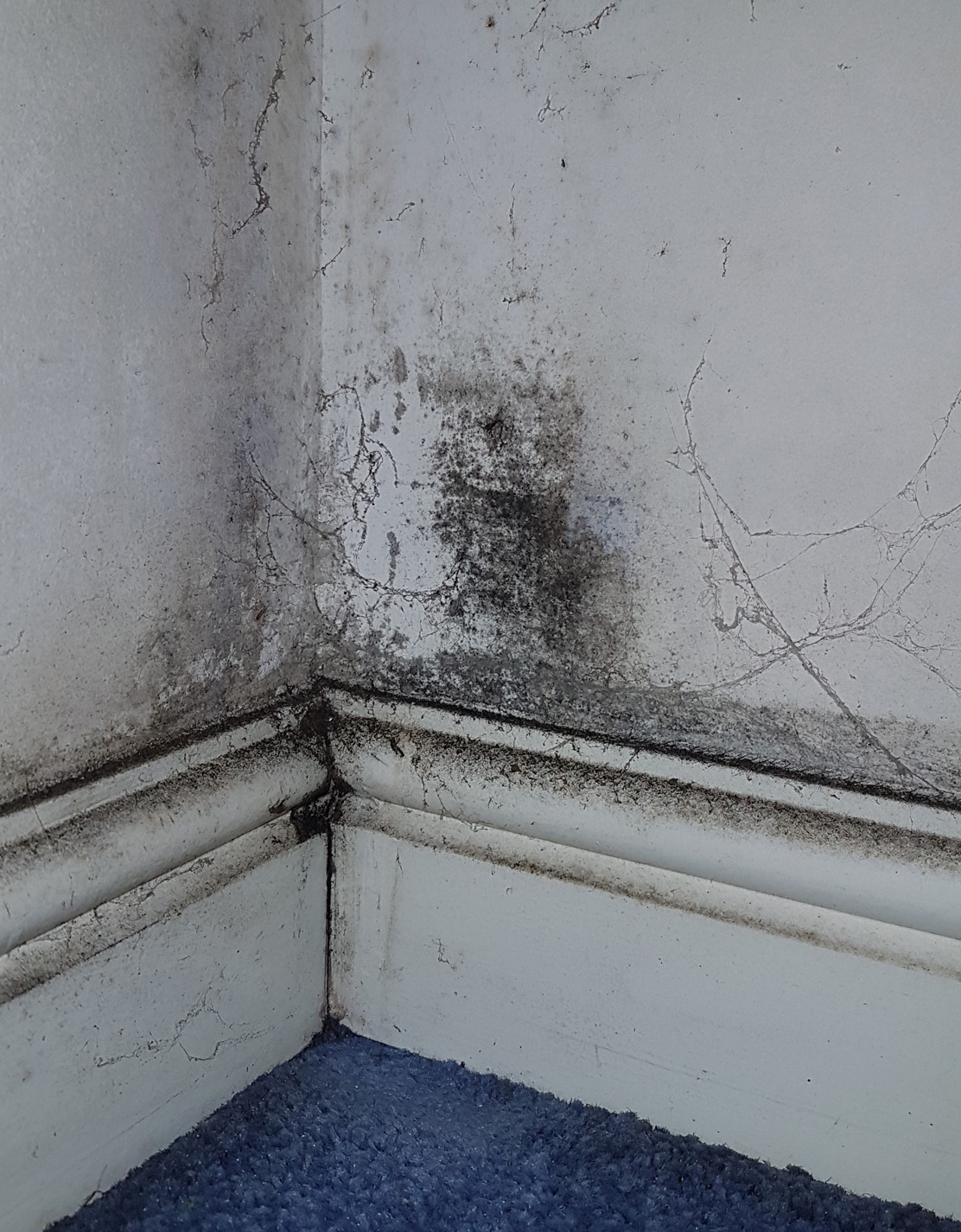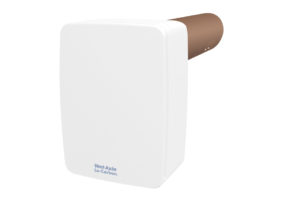
British ventilation manufacturer Vent-Axia has welcomed the UK Government’s recent guidance ‘Understanding and addressing the health risks of damp and mould in the home’.
This guidance is a direct response to the Coroner’s ‘Prevention of future deaths’ report after the tragic death of two-year-old Awaab Ishak, due to a mouldy home. Primarily aimed at all social and private rented housing landlords of all types of accommodation provision in England, the guidance aims to ensure that social and private sector landlords have a thorough understanding of their legal responsibilities, and of the serious health risks that damp and mould pose, to help prevent a tragedy like the death of Awaab Ishak happening to another family.
Jointly published by the Office for Health Improvement and Disparities, Department for Levelling Up and the UK Health Security Agency the report follows extensive engagement with the housing and health sectors, including tenant representative groups. As a result of this engagement, the key messages within the report include: explaining the health risks of damp and mould; clearly outlining the regulation on damp and mould in social and private rented properties; guidance on how landlords should respond to damp and mould; and how landlords should take a proactive approach to reduce the risk of damp and mould.
Within the guidance ventilation features significantly in both preventing and addressing mould issues. For prevention, the guidance advises landlords to ensure ventilation is working effectively to reduce the risk of mould and damp developing.
Landlords are also advised to consider improving ventilation when implementing energy efficiency measures in a home, since if properties are made more airtight this can lead to poor indoor air quality (IAQ), overheating or increasing humidity, leading to condensation and mould. To minimise these unintended consequences, the guidance recommends landlords utilise PAS 2035.
Meanwhile, when it comes to addressing mould issues there is a sub section in the guidance called Improving Ventilation featuring a useful ventilation checklist so landlords can ensure properties have adequate ventilation, since if a dwelling is inadequately ventilated, moisture in the air cannot escape and so is more likely to cause condensation and mould.
 “Effective ventilation is vital to improve indoor air quality and tackle condensation and mould. No one should live in a home unfit for human habitation and landlords have a duty of care to their residents to help ensure they live in a healthy environment,” said Lena Hebestreit, Marketing Manager.
“Effective ventilation is vital to improve indoor air quality and tackle condensation and mould. No one should live in a home unfit for human habitation and landlords have a duty of care to their residents to help ensure they live in a healthy environment,” said Lena Hebestreit, Marketing Manager.
“At Vent-Axia we have been advising on ventilation since 1936 and we work with landlords to help them choose the right ventilation for their individual property so they meet their duty of care.”
Under the Homes (Fitness for Human Habitation) Act 2018 landlords have a legal requirement to provide rental properties that are fit for human habitation, including the need for effective ventilation and freedom from damp and mould. This latest guidance is a valuable source of best practice to help landlords tackle damp and mould. Vent-Axia can help landlords meet their duty of care with the right ventilation solution for each property. There are different types of ventilation available depending on the property type and whether there is already a mould problem, with Vent-Axia able to offer a range of effective, energy efficient ventilation solutions.
The Heat Recovery Retrofit Solution from Vent-Axia has been specifically designed for easy, lower cost retrofit of heat recovery to save maximum energy and emissions and comply with the requirements of PAS 2035 in the social housing sector.

The Heat Recovery Retrofit Solution range consists of three different Mechanical Ventilation with Heat Recovery units, which can be used together to help improve IAQ and maximise energy savings by introducing heat recovery to the property. The range comprises: the Lo-Carbon Heat Save, and the Lo-Carbon Tempra which are both wall-mounted through-the-wall units and the Lo-Carbon Calido, which utilises a simplified ducting system that can run within the home to supply heat recovered fresh air to a different room.
Another ventilation option for landlords is the intelligent Lo-Carbon Revive, a filter-less unitary fan that features an adjustable trickle speed option, an interchangeable intermittent mode and humidity boost, as well as a raft of useful original features to provide powerful, quiet and efficient ventilation.
Alternatively, the intelligent Lo-Carbon Response 7 is a filterless unitary fan that features an ultra-low profile for discreet installation; increased airflow performance; a digital control menu; as well as a seven-year guarantee. Ticking all the right boxes for social housing the Response 7 range boasts powerful, quiet, efficient ventilation, helping provide good indoor air quality and comfort for residents, while being quick and easy to install, low maintenance and reliable.
For properties with hard-to-treat mould, Vent-Axia’s PIV units, the Lo-Carbon PoziDry Pro and Lo-Carbon PoziDry Compact Pro are the ideal solutions. Designed to improve IAQ and prevent moisture build-up within social housing properties, the PoziDry range provides a highly effective solution to help households and landlords control condensation and mould, as well as offering high levels of air filtration.
Providing fresh, tempered air into the home the PoziDry range creates an indoor environment where condensation and mould find it hard to exist, benefiting occupants and avoiding the damaging effects on the building. The PoziDry Pro is designed for properties with loft space to install the unit in whilst Vent-Axia’s Lo-Carbon PoziDry Compact Pro is the ideal solution for properties, such as flats, without a loft.
The new guidance can be found at https://www.gov.uk/government/publications/damp-and-mould-understanding-and-addressing-the-health-risks-for-rented-housing-providers
For social housing landlords requiring further ventilation advice visit Vent-Axia’s social housing hub: https://www.vent-axia.com/social-housing.









